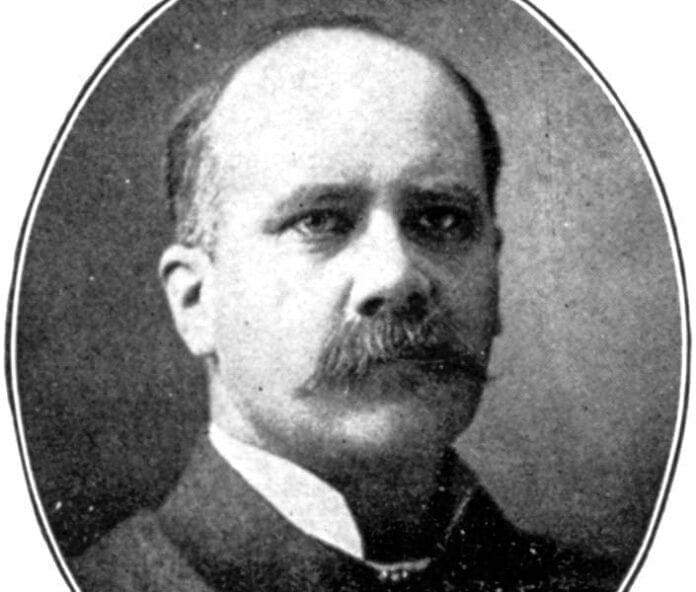For just a few moments let’s put all thoughts of the pandemic, politics, and protests on hold and take time to smile a little as I share one of my favorite stories with you
During my 37 years of teaching English and journalism at West Liberty State College (Now it is West Liberty University.), I obviously encountered a myriad of students in my classes. Some were exceptional, some were good, some were average, some were mediocre, and let’s just say that some were not particularly interested in learning about the symbolism in “The Scarlet Letter” or the intricacies of the English language or the finer points of writing a lead for a news story.
Even though I retired from teaching a number of years ago, I still harbor fond memories of my career, and many of these involve the more memorable students who sat in my classroom throughout the years. Instead of delivering a straight lecture in my classes, most of the time I preferred the Socratic method of asking questions in an attempt to stimulate class discussions. Of course, whenever you throw a question out to a group of college students, you naturally should be prepared for answers ranging from perceptive and intelligent to inept and sometimes downright embarrassing. But in all my years of teaching, the best answer I received to any question I ever asked occurred early in my career, and it has stayed with me forever.
Mediocre
I was teaching a class in the American novel, and one of the books I assigned was “In His Steps” by Charles Monroe Sheldon. Since its publication in 1896, the novel has sold more than 50 million copies, making it one of the most popular books of all time. Oddly enough, it was not a very good book, and the reason I had the students read it was to show them a good example of a less than mediocre novel. My reasoning was that after they read something like this, their opinions of authors like William Faulkner, Thomas Wolfe, Sherwood Anderson, John Steinbeck, and F. Scott Fitzgerald would skyrocket.
“In His Steps” is set in an eastern railroad town called Raymond, where the Rev. Henry Maxwell is the local pastor. One Friday morning as Maxwell is working on his sermon for Sunday, an unemployed man knocks on his door and pleads for help. But the minister turns him away.
On Sunday, the same man shows up in church, and after the minister is finished with his sermon, the poor fellow walks to the front of the church and appeals to everyone there to help him and others like him. Immediately upon concluding his impromptu address, he collapses, and several days later he dies.
Now the minister is so shaken by all of this that on the following Sunday, he issues a challenge to the members of his congregation. His proposal is that for the next year all the people in his flock don’t do anything before first asking themselves the following question: “What would Jesus do?” And the bulk of the novel is about how the minister’s challenge affects the lives of the people in Raymond.
Hello, Norman
Sheldon introduces a wide range of characters in the book, but the one I found the most interesting (for obvious reasons) was Edward Norman, an extremely rich chap who just happens to be the editor of the local newspaper. Just imagine how the editors of The New York Times or The Washington Post would cope with running their newspapers the way Jesus would do it. Or what about the editor of the National Enquirer? Wouldn’t that be fun?
In addition to the newspaper editor, Sheldon’s characters run the gamut from people in business to artists to those who have inherited large sums of money. What would Jesus do with a million dollars? (That certainly would by a lot of bread and fish!) Well, you get the idea.
On the day the novel was due in my class, I approached my classroom with eager anticipation. The students in this class were particularly bright ones, and I just knew that a stimulating discussion was in the offing. I took attendance and then asked, “Well, what did you think of the book?”
Although several students deigned to raise their hands, I immediately knew which one I was going to call upon first. Let’s just call her Lily. She was a solid-A student, and her work in my class had been nothing short of perfection. What better way to start the class discussion than with a comment from the most gifted student in the room!
“Yes, Lily,” I said, beaming with high expectations.
Lily paused briefly to make sure she had the full attention of everyone in the room, and then she said, “I read the first 10 pages, and then asked myself whether or not Jesus would have finished it. I decided he wouldn’t have.”
Amen, Lily! Amen!


